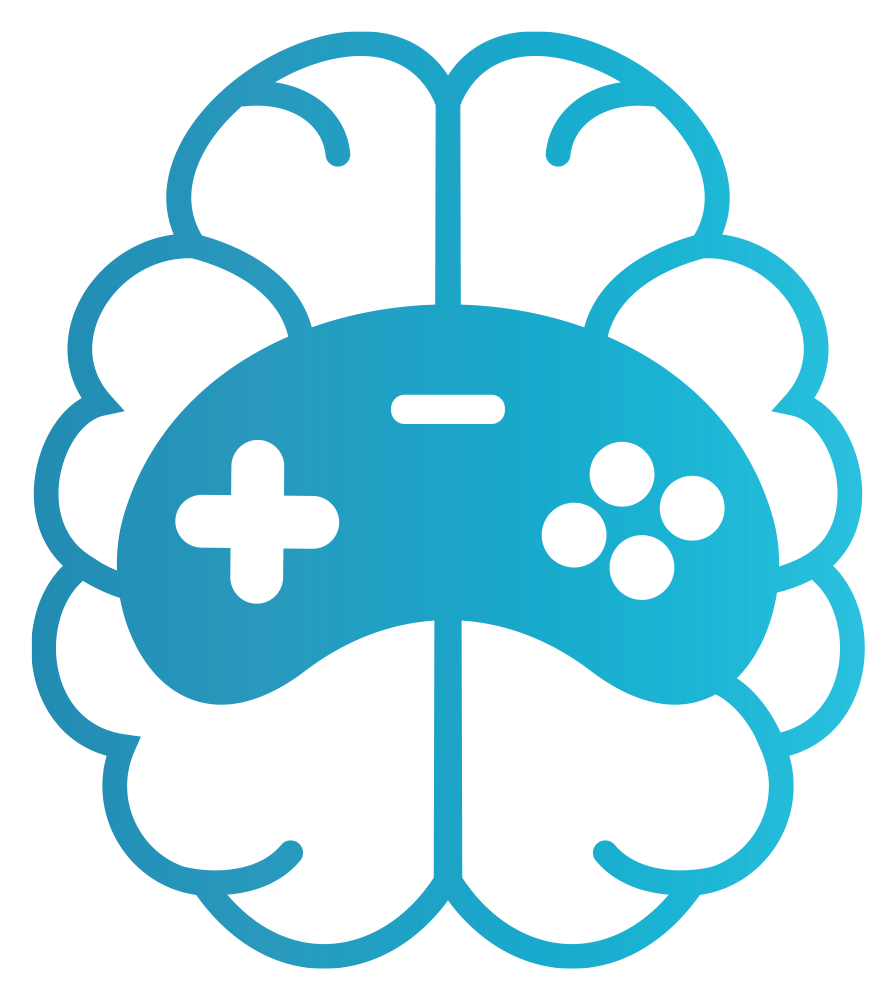The Neuroscience Of Perseverance

psychologytoday.com/us/blog/the-athletes-way/201112/the-neuroscience-perseverance
It’s the million dollar question: Why are some people more inclined to persevere and others to quit?
The answer may be simple neuroscience. Your internal “Reward System” is a collection of brain structures that regulate your behavior by making you feel good when you achieve a goal. A hormone called dopamine floods your body and mind with a rush of satisfaction and reward anytime you succeed at achieving something biologically necessary for your survival.
Neuroscientific research shows that higher levels of dopamine might separate the internal drive some people have to persevere while lower dopamine levels cause others to give up. Obviously, there are a wide range of factors that come into play when someone decides to persevere–but dopamine can be harnessed and used as a prime motivating force to help you keep pushing and achieve your goals.
You have the power to tap your own dopamine reserves simply by visualizing yourself as having your finger on a ‘joy-stick’ of pleasure. Learn to associate perseverance and accomplishing a mission with feeling good. The motivation at a biological level is just to get the hit of dopamine—but in the real world this drive translates into you following through and achieving goals. Every time you complete a task in your daily life visualize that you have just self-administered a hit of ‘feel good’ dopamine, and that habit will be reinforced.
Because all animals instinctively seek pleasure and avoid pain, you can flip your perspective on perseverance 180 degrees and view struggle and perseverance as a doorway to pleasure. By viewing perseverance as an opportunity to neurochemically boost your confidence and make you feel good, the process of perseverance becomes a positive experience. As Henry Ford said, “There is joy in work. There is no happiness except in the realization that we have accomplished something.”
“Perseverance is the hard work you do after you get tired of doing the hard work you already did.”
NEWT GINGRICH